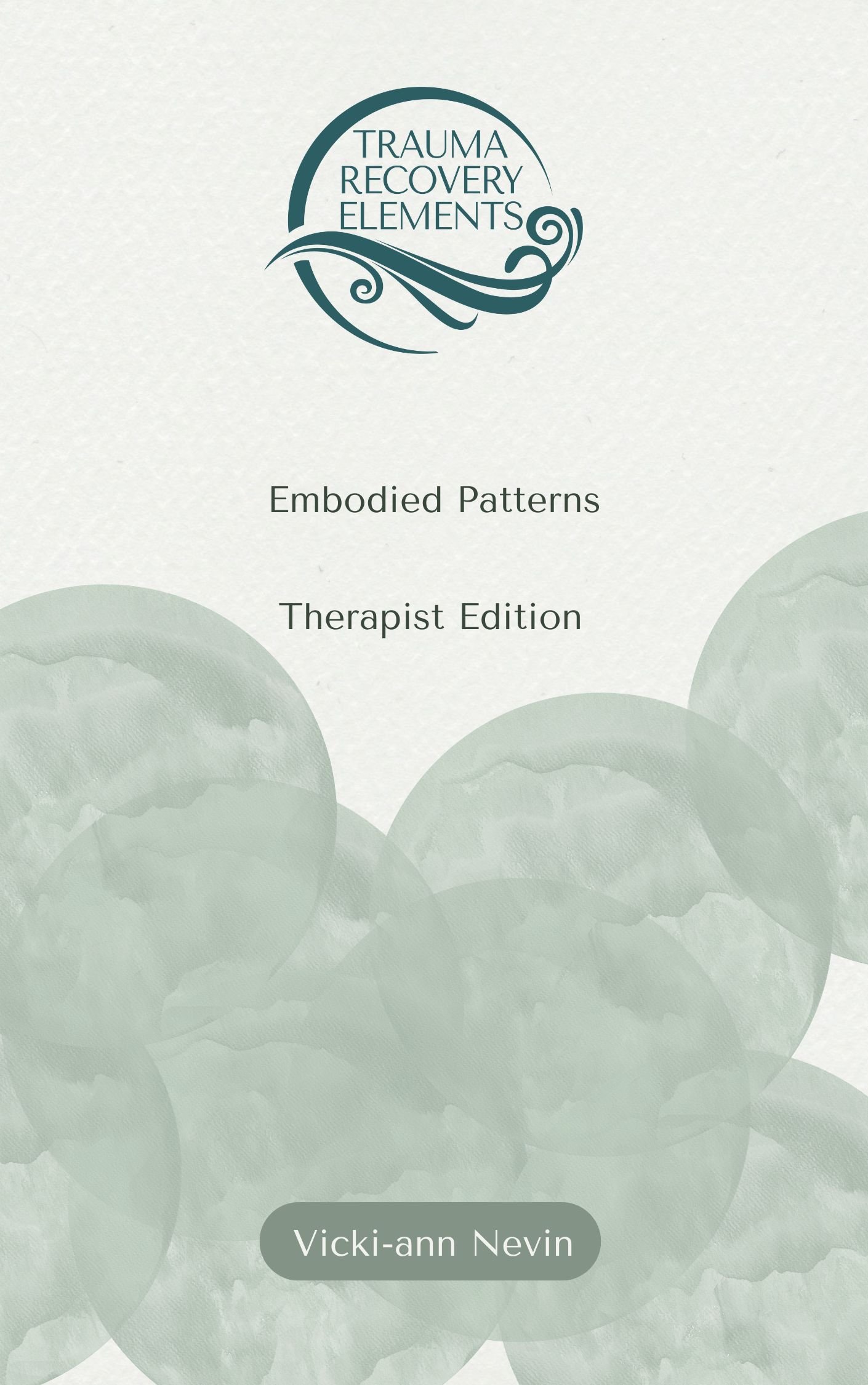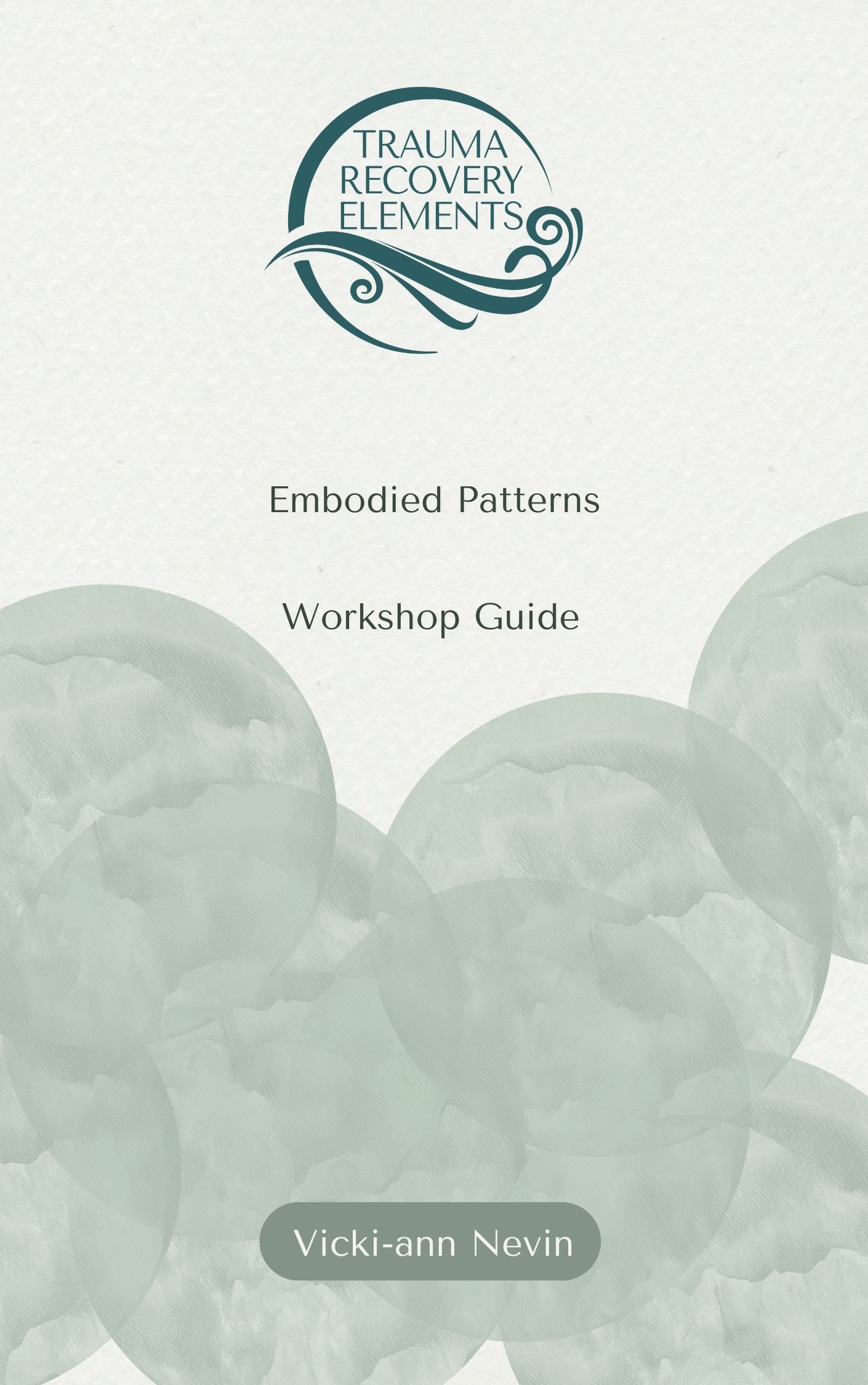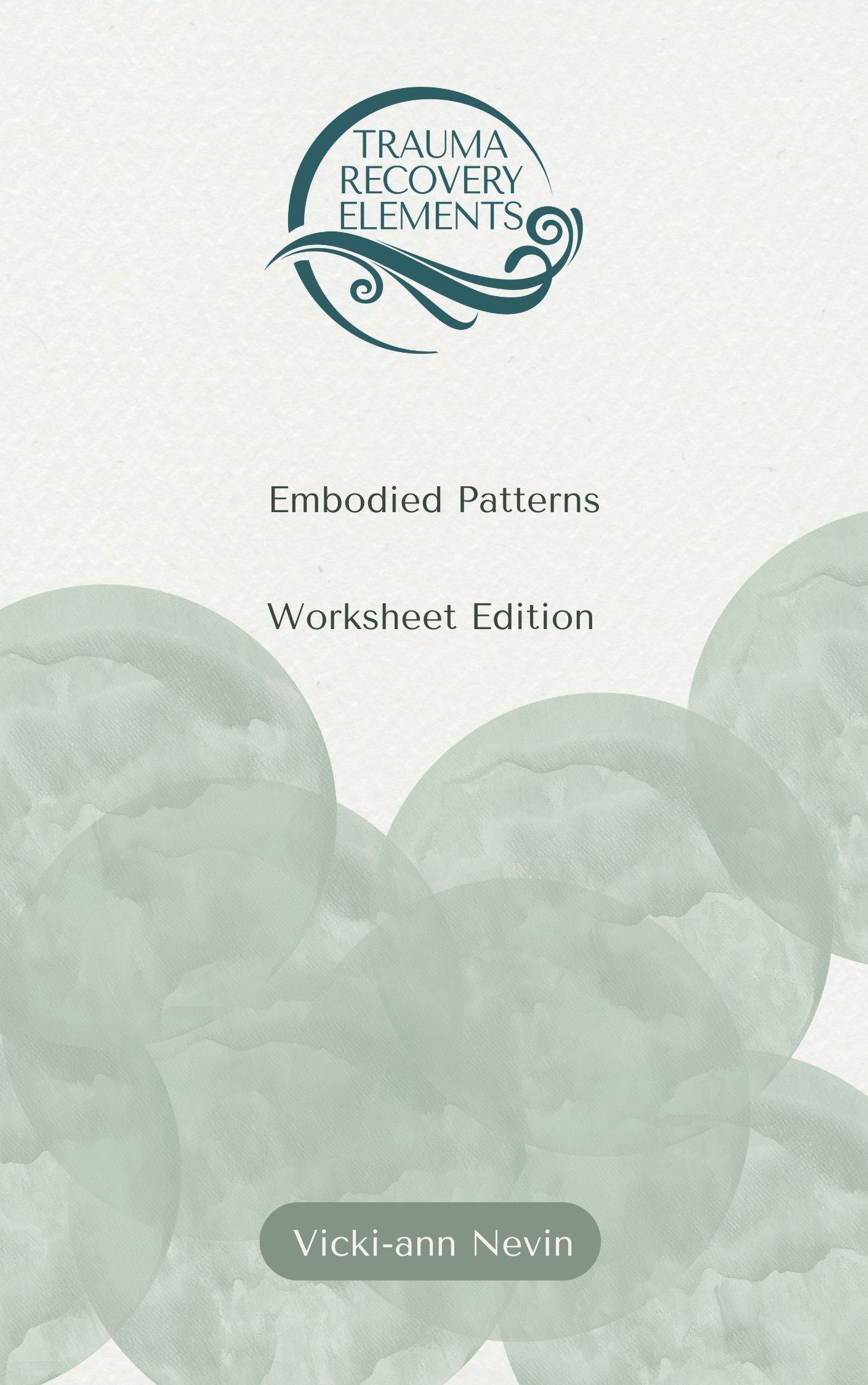 Image 1 of
Image 1 of


Embodied Patterns Therapist Edition
This therapist workbook explores the embodied patterns of behaviour—often called roles—that individuals adopt in families affected by addiction. It helps therapists identify how these adaptive roles, such as the caretaker, scapegoat, or invisible one, shape a client’s nervous system responses, self-concept, and relationships. The workbook includes theory, reflection tools, and clinical strategies for gently unpacking these patterns in a therapeutic setting.
This therapist workbook explores the embodied patterns of behaviour—often called roles—that individuals adopt in families affected by addiction. It helps therapists identify how these adaptive roles, such as the caretaker, scapegoat, or invisible one, shape a client’s nervous system responses, self-concept, and relationships. The workbook includes theory, reflection tools, and clinical strategies for gently unpacking these patterns in a therapeutic setting.
This therapist workbook explores the embodied patterns of behaviour—often called roles—that individuals adopt in families affected by addiction. It helps therapists identify how these adaptive roles, such as the caretaker, scapegoat, or invisible one, shape a client’s nervous system responses, self-concept, and relationships. The workbook includes theory, reflection tools, and clinical strategies for gently unpacking these patterns in a therapeutic setting.
Part of a six-part series, this resource supports trauma-informed work by connecting behavioural roles to the body's survival responses. It’s designed to help therapists guide clients toward greater awareness, self-compassion, and freedom from roles that no longer serve them. Use it to deepen understanding and support lasting change.


